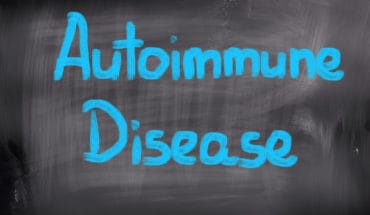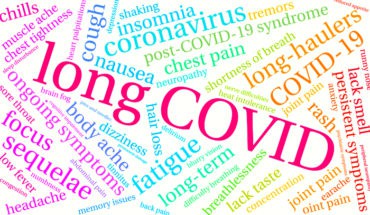This has been an exciting year for everyone involved with Terrence Higgins Trust. In the first place, we had the interim results of the PARTNER study, which has shown that people with HIV who are on effective treatment and have an undetectable viral load won’t pass the virus onto their non-infected partners. In the past condoms have been the only thing we recommended to prevent HIV transmission and we were cautious about how good the protective effect of taking HIV therapy was. This was even though there had not been a reported case of HIV transmission between sexual partners when the HIV-positive partner was on treatment with an undetectable viral load – in this study or any other previous studies.
Now, based on the findings of this large-scale study which followed nearly 900 couples having over 58,000 sex acts, we can say, with almost 100 per cent certainty, that HIV transmission is not possible when the viral load is undetectable. But there is always a tiny caveat in case people take their drugs incorrectly, their medication interacts with other drugs they might be taking or there is a problem with absorption. For that reason, there is still a debate about the language we should use to describe the risk. You can never say never but it is as close to a zero risk as it is possible to be.
This interim result is also very good news for couples who want to start a family where one partner is HIV positive. In the past, HIV-positive men opted to have sperm washing to remove the virus and protect their partner if they were trying to conceive; a procedure which wasn’t free or widely available on the NHS. Now, sperm washing should be consigned to history as long as the virus is being kept under control by medication. If a man has an undetectable viral load in his blood, he should also have an undetectable viral load in his semen.
Of course, drug adherence and the ability to take medication regularly is very important and there are reasons that some people may find it hard to adhere to medication regimes. Life and social issues can make it harder, for example, homelessness, mental health problems or the breakdown of a relationship. We know that side effects have been a major reason for poor adherence in the past, but this is much less likely now because there are so many more antiretroviral drugs to choose from and most of them are tolerated very well. Ten to fifteen years ago, people put up with side effects like diarrhoea or mood swings because there might not have been an alternative. Today, we can switch people onto different drugs if they aren’t free from side-effects. That is why over 95 per cent of people in the UK on drug treatment for HIV infection have undetectable viral loads.
Another success story has been the recent High Court action that National AIDS Trust brought against NHS England which decided it was not responsible for funding the game-changing HIV prevention called PrEP (Pre-exposure prophylaxis). NHS England had pulled the plug on the commissioning process in April 2016, despite the fact that there had already been over 18 months work done on applying for approval for PrEP. Both the High Court and the Court of Appeal ruled that NHS England has a legal obligation to continue evaluating PrEP through its specialised commissioning process rather than passing the buck to local authorities.
PrEP is an incredibly effective way of preventing HIV transmission – with nearly 100% protection if taken correctly. Unfortunately, the arguments about PrEP often got bogged down in financial, moralistic and judgemental opinions – which really highlights the fact that HIV is still a very stigmatised condition – more so than pretty much any other disease! What was sometimes lost in the argument is the simple fact that PrEP is a very cost effective tool for ensuring that people at risk do not develop HIV infection. It does require a short-term investment (medication costs around £400 per month per person) but will save the NHS many millions more in the long run. This decision does not mean that people most at risk will definitely receive the medication that will protect them from HIV, but it hopefully brings that day a little closer.
- HIV & Coronavirus COVID-19 - 24th March 2020
- Good news for people with HIV - 27th November 2016







